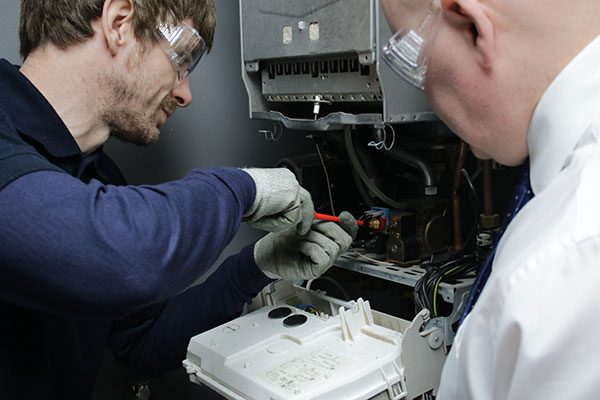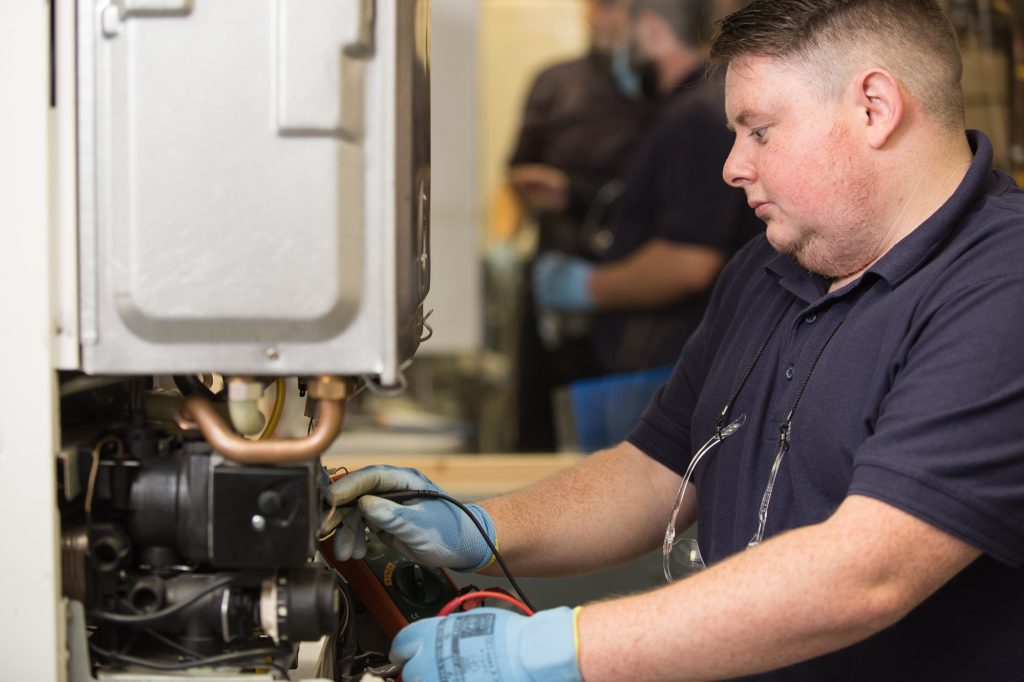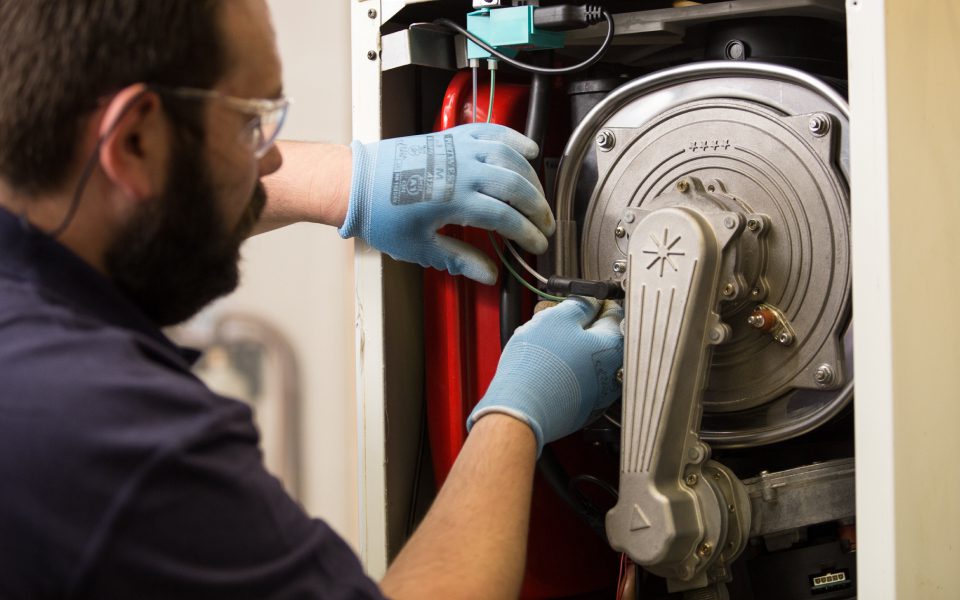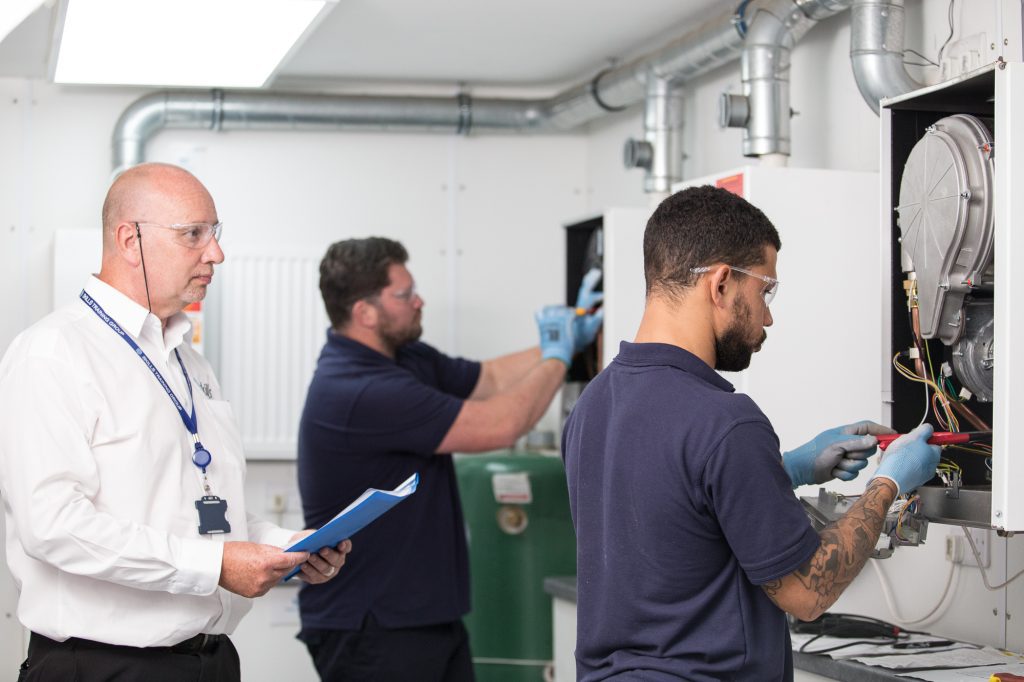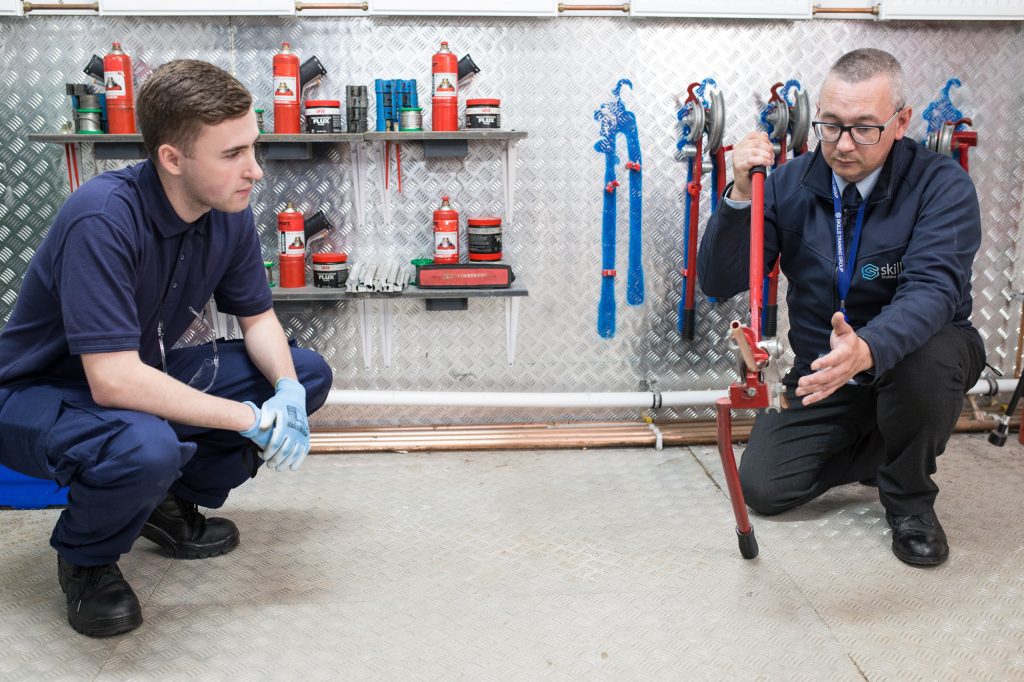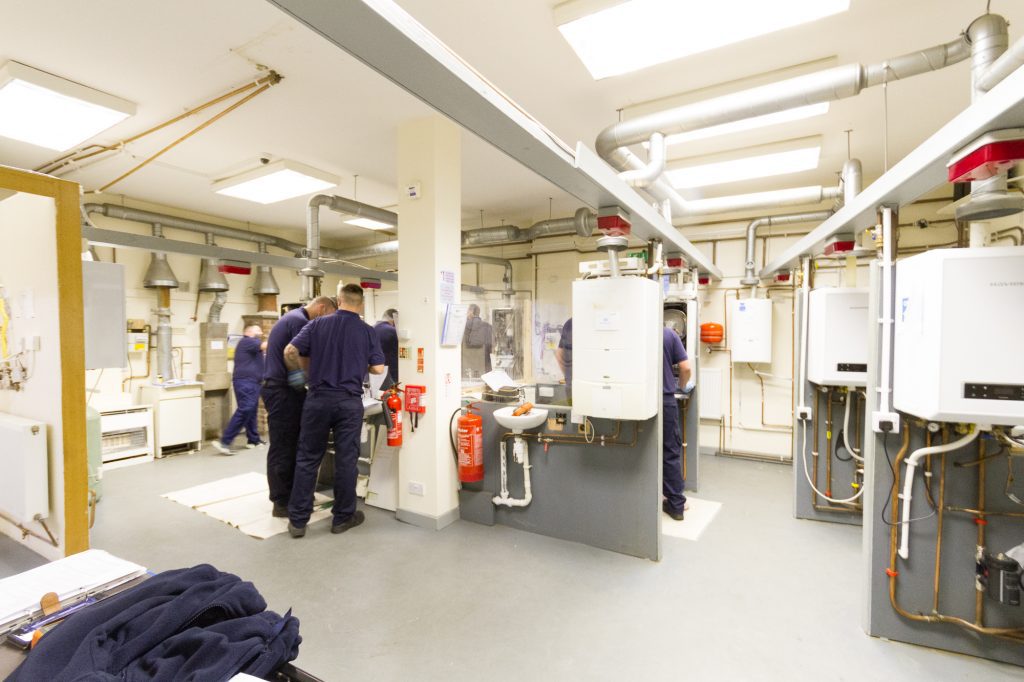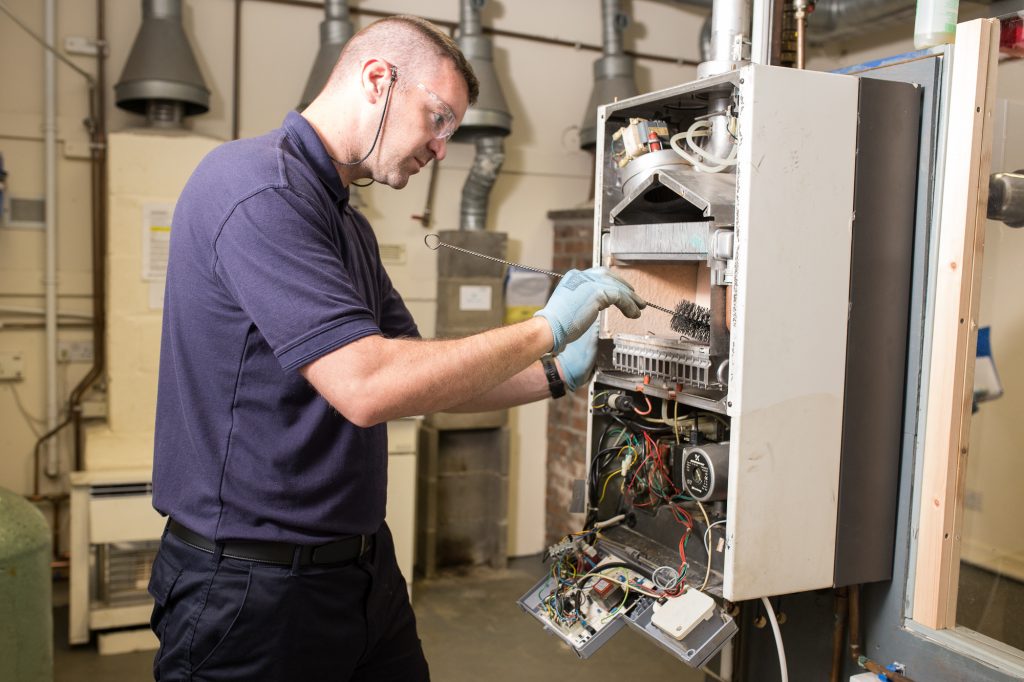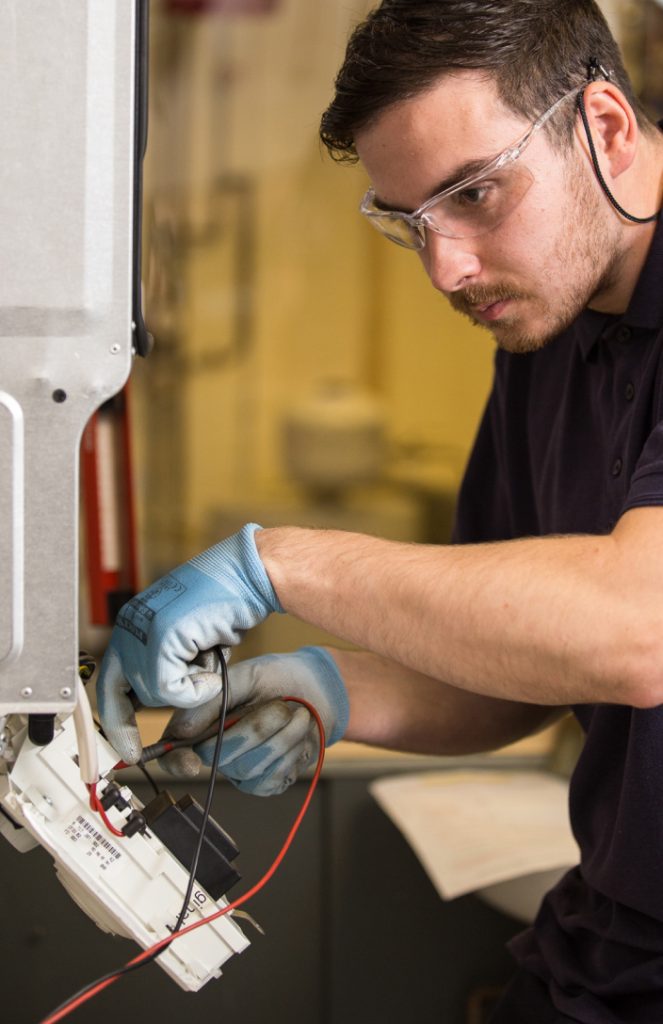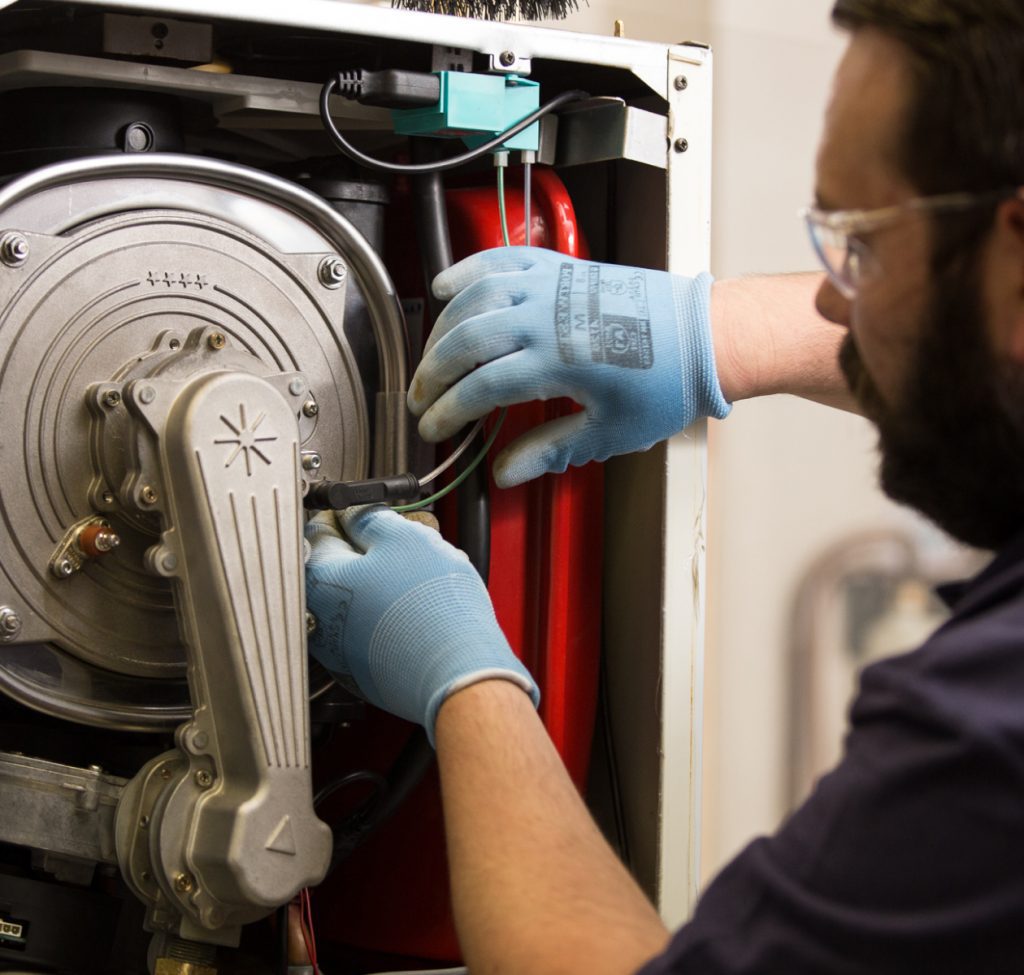Fast Track to Becoming a Gas Engineer
In the UK, there are two main routes to becoming a gas safe registered engineer – following a traditional NVQ apprenticeship or opting for a fast track Managed Learning Programme. Both options offer positives and negatives to weigh up before you decide which one to go forward with.
Traditional NVQ Apprenticeship
Apprenticeships are the traditional way to train to become a gas engineer. It blends both studying towards the qualifications you need with working within a company. It’s a long process before you’re fully qualified but it does mean that you’re being paid while you’re training.
However, there are a very limited number of apprenticeships available each year and you often face tough competition to secure a start.
Fast Track Gas Safe Courses
As the name suggests, one of the key reasons this is a growing option is the speed that you can become a gas engineer.
Choosing a fast track gas safe course puts you in control of your learning and development. Rather than having to wait for the right apprenticeship to appear and compete for a limited number of spots, you’re able to have more flexibility to find a course that better matches your circumstances and overall goals.
Gas Managed Learning Programme – Full Time
